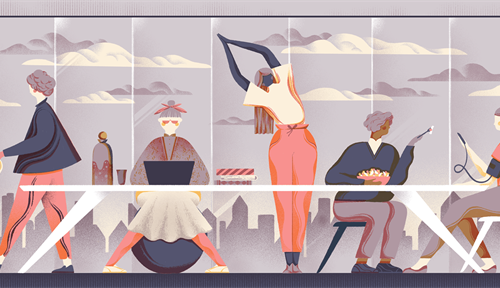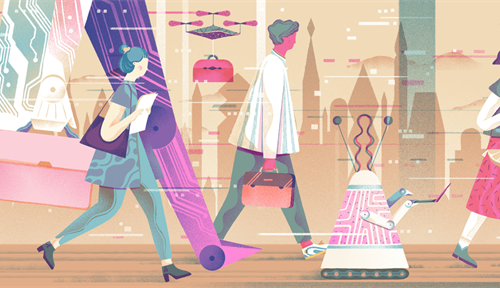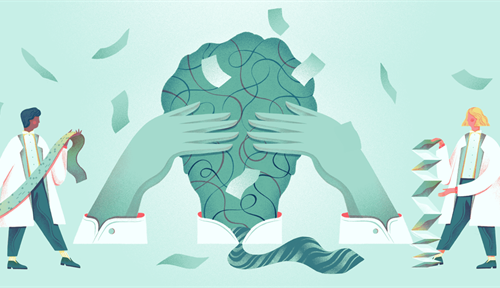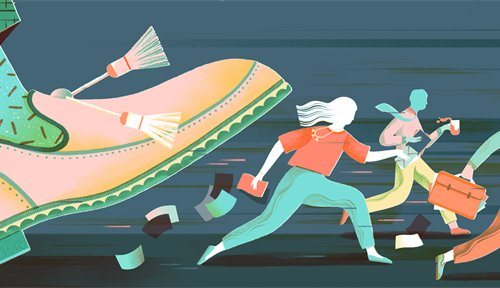Special Report: The Working Life
Modern workers can expect to spend more than a third of their waking hours as employees. What happens between 9 to 5 can have huge impacts on their health, sense of identity, ability to care for children and, of course, the paycheck that allows them to survive. In this special report, Knowable Magazine asks what research can tell us about some of the problems — from the health risks faced by migrant workers to the plight of dealing with abusive supervisors — and then delves into some of the potential solutions.
We examine how science might assist in designing a better working environment: how far we have progressed in using research to inform management practices, to balance work with other areas of our lives, and how effective workplace wellness programs are, or could be. Finally, in a forward-looking story, we look decades into the future to better understand how robots and artificial intelligence may affect our day-to-day jobs, and just how worried we should be.
ILLUSTRATION CREDIT: MARINA MUUN









